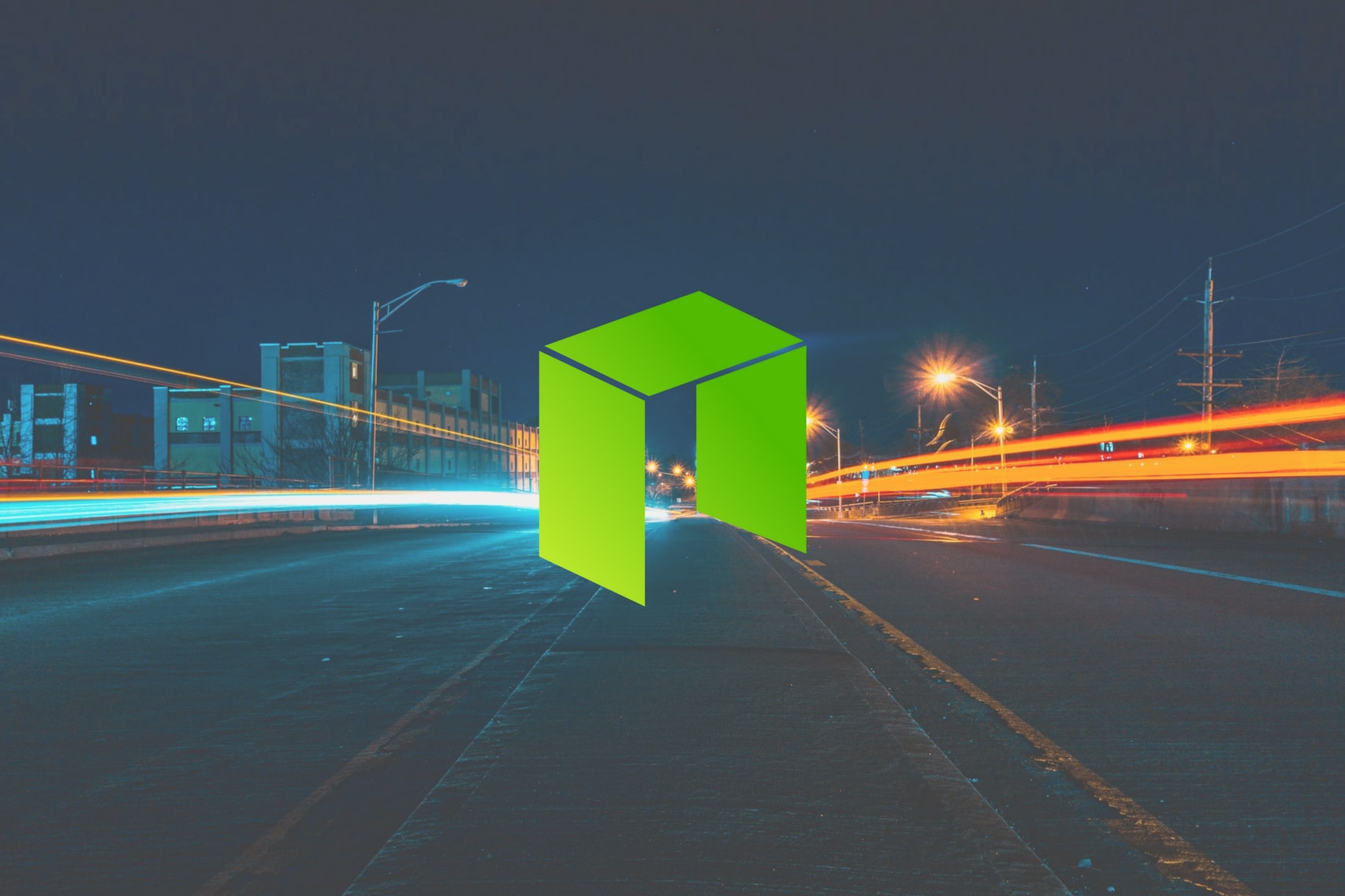With the market in a slump, you may be gripped with the dreaded FUD. But the technology of blockchain is unaffected by market fluctuations and the market will rebound. Today there are a lot of promising projects being developed on NEO to get excited about.
We’ve done our research and picked 5 projects currently being developed on NEO’s platform (all are post-ICO at this stage) which show the most promise.
Ontology
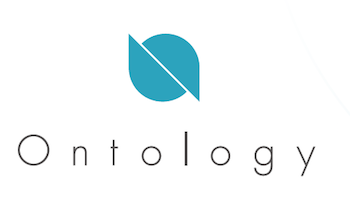
As described on their website:
Ontology is a diverse, integrated, distributed trust network and the infrastructure for building a trust ecosystem.
Ontology uses a decoupled ledger which allows the platform to support numerous blockchains or traditional IT systems. It also use a series of protocols which will allow for a number of functions to be implemented, such as verifying digital identities, authorizations of different operations, and data exchange.
The foundation of Ontology’s platform is to build a “trust ecosystem,” which will allow its partners to focus on their business operations.
Ontology has deep connections with NEO, which stems from their common founder, the Chinese technology development company Onchain. The co-founder of NEO, Da Hong Fei, is also the CEO of Onchain. Jun Ji, another of Onchain’s co-founders and the company’s chief architect, is also one of the founders of Ontology. Ontology has assembled a large and capable team with a wealth of experience and knowledge.
After Ontology’s March 2018 airdrop, where 20 million tokens were distributed for free to NEO token holders, their price has soared along with overall hype regarding the project. The Ontology roadmap is ambitious, showing milestone after milestone in relatively quick succession. With the strong team they have assembled, the support of Onchain and the NEO community, and an already impressive list of partners, Ontology is on track to achieve what they have set off to do.
For further reading on Ontology, see: “Ontology: The Road to Achieving $1 Billion Market Cap.”
NEX
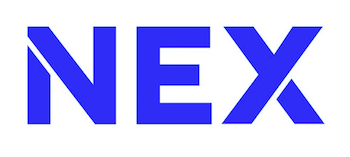
This is the NEO project everyone has been talking about. Spearheaded by the City of Zion (CoZ) team, they look to build a decentralized exchange (DEX) that will be capable of not only handling simple buy-sell orders, but more complex transactions such as limit and margin orders as well.
The NEO Exchange (NEX) looks to combine the speed and ease of use of centralized exchanges with the security only decentralized exchanges can offer.
The exchange will incorporate an off-chain matching engine. Through this model, orders are signed and sent from various user addresses, matched and then signed off-chain, and later committed back to the accounts via the blockchain. This will allow NEX to obtain the speeds characteristic of centralized exchanges while maintaining a decentralized user account model.
NEX is aware of the potential conflicts of interest which can arise from off-chain transactions. To combat this, all off-chain matches will follow a publicly trackable algorithm. This makes it so that anyone can verify that the exchange is being used fairly.
One of the strongest and most exciting aspects of NEX is the strong and capable team spearheading the development:
- Fabio Canesin, the originator of the City of Zion (CoZ) team and co-founder of NEX, has a MSc in Computational Mechanics and Variational Multiscale Modelling.
- Ethan Fast, co-founder of CoZ and NEX, holds a PhD in HCI and AI from Stanford and is one of the key developers who worked on the NEON Wallet.
- Fabian Wahle, co-founder of NEX and CoZ, holds a PhD in HCI and AI from Stanford and also was a key developer on the NEON Wallet.
NEX also boasts advisors of the likes of NEO founders Da Hongfei and Erik Zhang. Their experience will be hugely useful moving forward with NEX’s development.
Most major platforms have already started developing their own DEXs, so it is great to see NEO getting on board. Though the others may have a head start, NEX’s powerhouse team puts them in a great position to develop a wildly successful DEX. NEX is a big step forward for NEO, and with some of the planned technologies to be implemented into the NEX platform, it will be a big step for cryptocurrencies as a whole.
For more on NEX, see: “What the Future Holds for Neon Exchange (NEX).”
Qlink
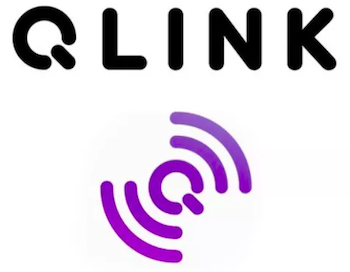
Qlink aims to be the world’s first decentralized mobile network. The platform is working to build systems to allow the users of the Qlink network to become a decentralized telecom organization. Qlink gives users a way to “rent” out unused bandwidth to other users on the platform. In exchange for providing their service, sellers of extra bandwidth will be compensated in Qlink’s QLC tokens.
The centralized telecom systems of today have a lot of challenges which Qlink is looking to solve. Some of these include inaccurate content distribution and billing, high usage fees, and security concerns regarding data transmission. Decentralized systems such as the one Qlink is implementing solves these issues and, most importantly, protects users’ data while providing more affordable options to customers.
Qlink will offer users 3 main services: Wi-Fi sharing, mobile data access and content distribution, and an enterprise-to-peer SMS service. To facilitate this, Qlink will implement a mobile and a desktop app. The mobile app will allow users to connect to Wi-Fi hotspots and access mobile data and content. It will also be used to register Wi-Fi hotspots and unused SMS access points on network, which can be accessed by any user for QLC tokens. The Qlink desktop app will offer many of the same featured as the mobile app. In addition, the desktop app will allow for the purchase of unused enterprise-to-peer (E2P) SMS and for the user to distribute content through Qlink.
There has been no comparable business which has tried to achieve the same things as Qlink, which gives them the advantage of being a first mover in the field. Qlink’s platforms have the potential to create an entirely new market which makes Wi-Fi more accessible, more affordable, and far more efficient than anything currently available.
For further reading, see: “5 Penny Cryptos Set To Explode in 2018.”
DeepBrain Chain
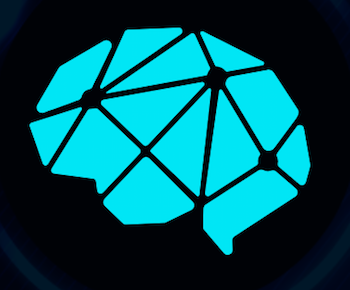
The world’s first AI computing platform powered by blockchain, DeepBrain Chain, has arrived on the scene to disrupt the world of Artificial Intelligence computing.
As stated on DeepBrain’s whitepaper, the goal of the project is:
To provide a low-cost, private, flexible, safe, and decentralized artificial intelligence computing platform to artificial intelligence products.
The AI companies of today must “train” computers to behave how they wish through neural network calculations. This is a long and arduous process, requiring lots of time, resources, and numerous trails to hone in the intelligence algorithms over time.
DeepBrain offers a way to greatly reduce these computing costs. Through the platform’s unique business model, every node obtains 70% of its income from mining and 30% from the fees paid by the companies who wish to train AI computers.
They plan to introduce a “decentralized neural network” where computational costs required to test the algorithms are shared by the nodes on the network. In return for the use of the node’s computing power, DeepBrain will pay with the platform’s native DBC token.
In addition to the sharing of computing power needed to develop AI systems, the DBC platform will also offer a secure, decentralized trading platform. Anyone is allowed to buy and sell data on the marketplace, which offers strong security. The use of blockchain technology prevents data leakage, reselling, data ownership and data usage rights.
In 2016, Google and Baidu alone spent between $20 to $30 billion dollars on AI development. And from 2012 to 2016, the world saw over 5,000 AI-related startups. The AI industry has become a rat race where investors are clamoring to capitalize on this industry predicted to be worth over a trillion dollars by 2035.
DeepBrain has arrived just in time to capitalize on this exploding industry.
For further reading on DeepBrain Chain, see: “AI and Blockchain: 4 Highly Promising Projects To Keep an Eye on.”
Zeepin
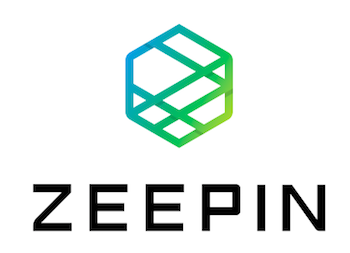
As the world’s first customizable platform dedicated to the decentralization and protection of creative works, Zeepin will enable artists, writers, and designers alike to protect their work cheaply and securely. But it promises to do more then that. It will give users the resources to find venues to play at, talent to recruit, and joint ventures to be formed.
The current processes in place to protect your creative work are difficult and convoluted. Many times it is difficult to find who copyrighted a piece of art and nearly impossible to prove that the piece is original and has not been altered in any way. Moreover, once something has been copyrighted, it is in the hands of a centralized power, subjecting the work to attack and other vulnerabilities.
With Zeepin, users are able to store their work on the blockchain and obtain “Copyright Pros,” from which they can then issue “Authorization Pros,” which will in turn allow easy distribution of their work in a predetermined manner. This will eliminate any worry of their work being tampered with or used in a manner unapproved by the creator.
The Zeepin will also enable the incorporation of third-party financial institutions to allow for the automatic distribution of royalties at a low cost to the creator.
The team is lead by founder and CEO Zhu Fei, a 15-year veteran of the creative industry and no stranger to start-ups. He is assisted by co-founders Karl Xu and Glovia Gu, both with decades of experience in the IT and marketing fields respectively. More details on the Zeepin team can be found here.
To lean more about NEO and its projects, see: “What Is NEO” and “NEO Announces More ICOs on Its Blockchain”

